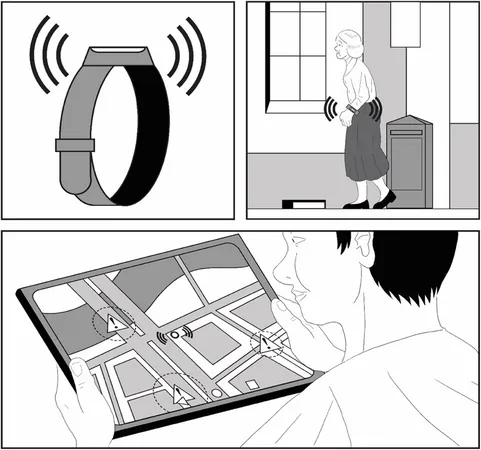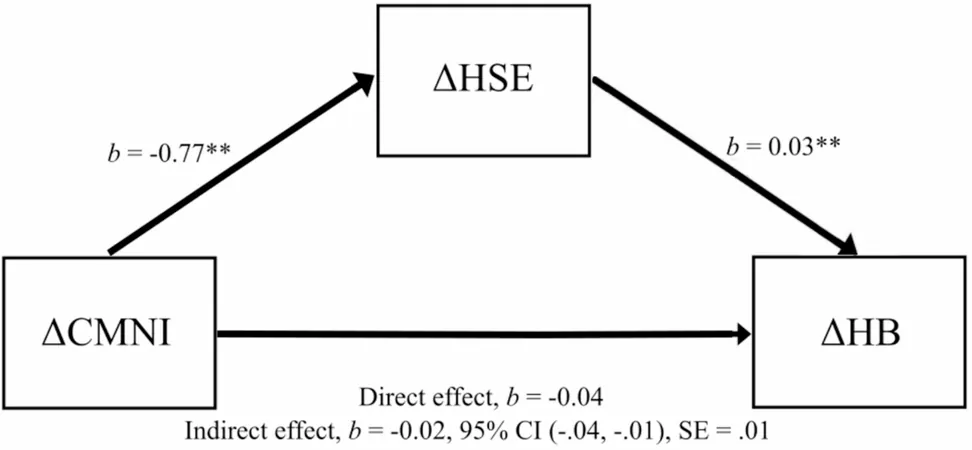
Empowering or Entrapping? The Complex Reality of Intelligent Assistive Technologies in Dementia Care
2025-04-05
Author: Sarah
Empowering or Entrapping? The Complex Reality of Intelligent Assistive Technologies in Dementia Care
Intelligent Assistive Technology (IAT) is emerging as a potential game-changer for millions of individuals affected by dementia, boasting capabilities that promise to enhance autonomy, foster independent living, and alleviate the burdens faced by family caregivers. Devices such as GPS trackers, smart home systems, and memory aids are heralded for their ability to promote safety, facilitate communication, and improve overall quality of life for both patients and caregivers. But beneath this optimistic veneer lies a murky debate about the inherent empowering potential, ethical dilemmas, and possible risks associated with these technologies.
The Double-Edged Sword of Independence
Proponents argue that IAT can empower individuals with dementia in several key ways: 1. **Enhancing Daily Functions**: By enabling quicker, safer execution of everyday tasks, IAT can reduce reliance on caregivers. 2. **Greater Mobility**: GPS devices can minimize the risk of accidents, allowing individuals to explore their surroundings while ensuring safety. 3. **Increased Privacy**: By automating aspects of daily life, IAT can provide personal privacy in intimate situations that would normally require human intervention.
Yet, critics remain skeptical. They worry that pervasive monitoring may strip individuals of their autonomy, turning them into subjects of constant surveillance rather than independent decision-makers. Furthermore, the incessant tracking could foster new forms of dependency on technology—a situation that feels more like an entrapment than an empowerment.
Ethical Quandaries and Power Dynamics
As the care landscape shifts toward person-centered, empowering approaches, it's vital to assess whether IAT aligns with the fundamental principle of respecting autonomy. Critics caution that technologies driven by artificial intelligence might perpetuate predicated decision-making, reinforcing established power hierarchies and casting aside the voices of those most affected—individuals living with dementia.
The ethical concerns multiply when considering the fabric of caregiver relationships. The dynamic interplay of care emphasizes the need to view both persons with dementia and their caregivers as active participants in technological design. When both groups collaborate in the development and evaluation of assistive technologies, it might bridge the gap between user needs and actual technology benefits.
Voices from the Field: Perspectives of Individuals with Dementia and Caregivers
A recent study conducted in Germany sheds light on this complex situation by capturing the perspectives of persons with dementia and their family caregivers. Participants evaluated various IAT applications, most notably a GPS bracelet, an emotion recognition system, and a dressing technology.
GPS Bracelet: A Step Towards Safety or a Loss of Autonomy?
Respondents overwhelmingly acknowledged the GPS bracelet's potential to promote independence by allowing individuals to navigate their environments alone while reassuring caregivers of their safety. However, concerns surfaced regarding privacy invasions and the potential for patronization. Caregivers expressed mixed feelings, illustrating a clear divide between their desire for safety and the independence aspired to by persons with dementia.
Emotion Recognition Technology: Monitoring vs. Connection
While some viewed emotion recognition technology as a tool for fostering better communication and understanding between caregivers and individuals with dementia, others felt that constant surveillance could undermine the integrity of emotional expression. The risk remained that such interventions might prompt a lack of human interaction, leading to diminished emotional support.
Dressing Technology: A Gateway to Empowerment or Isolation?
Though designed to assist individuals in dressing independently, many caregivers and patients expressed skepticism about this technology's practicality and overall benefit. The fear persisted that relying on technology for tasks traditionally performed by human caregivers may further entrench isolation instead of fostering meaningful interactions.
The Road Ahead: Navigating Ethical Waters
The findings from this research highlight an essential component often overlooked in discussions of IAT: the importance of user perspective. Ensuring that these technologies are tailored to the unique realities and needs of individuals living with dementia is crucial for their successful deployment. As we forge ahead in developing intelligent assistive technologies, it is imperative to balance their empowering potential with ethical considerations, emphasizing participatory research and co-design processes.
In conclusion, while IAT holds promise for enhancing the autonomy of persons with dementia, the path towards their implementation is fraught with challenges. Stakeholder voices must be prioritized to avoid technology development that is detached from the lived experiences it aims to improve. Hence, it is crucial for researchers, developers, and caregivers alike to foster a collaborative environment that respects the insights and priorities of individuals living with dementia. The dialogue continues, and understanding how best to harness technology for empowerment rather than control is paramount.


 Brasil (PT)
Brasil (PT)
 Canada (EN)
Canada (EN)
 Chile (ES)
Chile (ES)
 Česko (CS)
Česko (CS)
 대한민국 (KO)
대한민국 (KO)
 España (ES)
España (ES)
 France (FR)
France (FR)
 Hong Kong (EN)
Hong Kong (EN)
 Italia (IT)
Italia (IT)
 日本 (JA)
日本 (JA)
 Magyarország (HU)
Magyarország (HU)
 Norge (NO)
Norge (NO)
 Polska (PL)
Polska (PL)
 Schweiz (DE)
Schweiz (DE)
 Singapore (EN)
Singapore (EN)
 Sverige (SV)
Sverige (SV)
 Suomi (FI)
Suomi (FI)
 Türkiye (TR)
Türkiye (TR)
 الإمارات العربية المتحدة (AR)
الإمارات العربية المتحدة (AR)